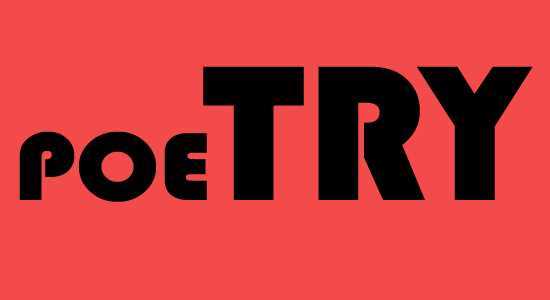All the more normally known as an accentuation stamp, punctuation can likewise allude to an exclamatory interesting expression. The meaning of punctuation as a scholarly gadget is the point at which a speaker severs from tending to one gathering and rather tends to an outsider.
This outsider might be an individual, either present or missing in the scene. It can likewise be a lifeless thing, similar to a knife, or a theoretical idea, for example, passing or the sun. Since there is a reasonable speaker and change of recipient, punctuation is most generally found in plays. It does, nonetheless, at times happen in verse and exposition.

The word punctuation originates from the Greek for "turning back." It was regular in Greek show and works like Homer's Odyssey. In cases, for example, Homer's Odyssey, punctuation for the most part happens when the generally unoriginal storyteller barges in the storyline to give data or discourse. This utilization of punctuation—where a storyteller intrudes on the activity to give analysis—was additionally famous in works of writing in the nineteenth-to mid-twentieth hundreds of years. Cases of punctuation in these cases happen in works with an omniscient third-individual perspective.
Distinction Between Apostrophe as a Literary Device and Apostrophe as a Punctuation Mark
The two faculties of "punctuation" originate from the first Greek signifying "turning back" or "dismissing." Apostrophe as an accentuation check went up against the importance of "elision" and in this manner is utilized when letters are discarded and sounds are omitted. In English, for instance, we utilize punctuations when contracted "I am" to "I'm," "we have" to "we've," "don't" to "don't," et cetera.
The punctuation definition as a scholarly gadget, then again, advanced to the abandoning one recipient to another. In this way, however the terms have comparable roots, their implications are altogether different.
Normal Examples of Apostrophe
A large number of us know about utilizing punctuation without acknowledging it. Punctuation happens we address our auto on a frosty day, either begging it to begin or shouting at it when it doesn't. Or on the other hand maybe we get an email from somebody and begin reacting so anyone can hear, realizing that the individual won't hear the message. Along these lines, however punctuation may appear to be unnatural with regards to plays and omniscient storytellers tending to the gathering of people, it is, truth be told, flawlessly normal in our day by day lives. Punctuation is likewise found in mainstream melodies and other media. For instance:
"Ugh, wireless, is there any valid reason why you won't stack my messages?"
(While talking on the telephone with somebody) "Hold, on, my child's going insane—Jim, returned here, quit running with scissors."
"Gracious, Starbucks, how I cherish you! Your medium dull meal enabled me to survive that gathering!"
"Gracious what a world it appears we live in." – Rufus Wainwright (tune)
"O blessed night! The stars are brilliantly sparkling!" (Christmas song)
Centrality of Apostrophe in Literature
Punctuation has been a piece of narrating since Greek dramatization, and maybe previously. It gives a path to the storyteller to change gears, include his or her own analysis, or state emotions propelled by theoretical ideas. Numerous cases of punctuation in English start with the exclamatory sound "O," to imply an adjustment in the recipient. By tending to a man who is absent or a lifeless thing that can't feel or express feelings, a character is rather demonstrating their own particular inward state.
"Cheers"